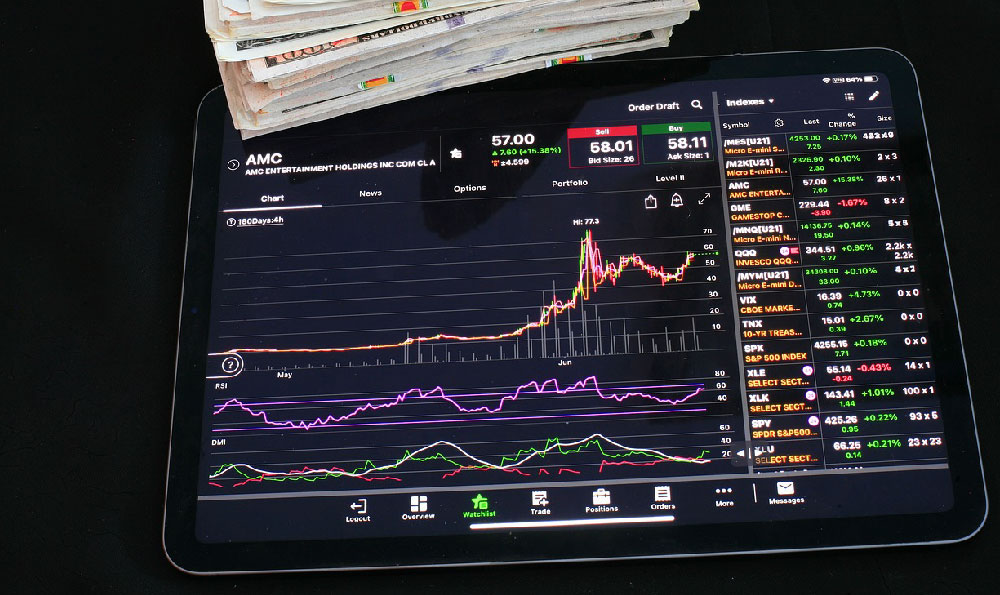What's the easiest way to earn money, and is it real?

The allure of effortless wealth has captivated humanity for centuries, and the digital age has only amplified this desire with promises of quick riches through cryptocurrencies and other investment vehicles. The question of the "easiest way to earn money" in this context requires a nuanced and realistic examination, separating genuine opportunities from deceptive schemes. While there's no guaranteed "easy" path to financial success, particularly in the volatile world of cryptocurrency, certain approaches, when implemented with diligence and understanding, can increase the probability of positive returns.
One commonly touted, supposedly "easy" method is cryptocurrency staking. Staking involves holding specific cryptocurrencies in a designated wallet for a certain period, contributing to the network's security and validation process, and in return, receiving rewards in the form of additional coins. The perception of ease stems from the passive nature of this activity; once the coins are staked, the holder ostensibly needs to do little else to earn income. However, the reality is more complex. Different cryptocurrencies offer varying staking rewards, lock-up periods, and risks. Choosing the right cryptocurrency to stake requires thorough research into its underlying technology, consensus mechanism, community support, and overall market potential. Furthermore, the staked coins are still subject to market volatility. A high staking reward could be negated by a significant price drop in the underlying asset. Custodial staking, offered by exchanges, presents the convenience of not managing your own node but introduces the risk of the exchange's security vulnerabilities or potential insolvency. Non-custodial staking, while more secure, requires a greater understanding of blockchain technology and the associated risks of managing private keys. Therefore, while staking can be a relatively passive income stream, it demands careful selection and an awareness of its inherent risks.
Another approach often portrayed as simple is cryptocurrency trading using automated bots or copy trading platforms. These platforms promise to replicate the trades of experienced traders or execute pre-programmed algorithms, allegedly generating profits with minimal effort. While these tools can potentially streamline the trading process, they are far from foolproof. The performance of automated bots is heavily dependent on market conditions. Algorithms designed for specific trends may fail dramatically in unpredictable or sideways markets. Moreover, relying solely on a bot without actively monitoring its performance can be detrimental. Market conditions change rapidly, and an algorithm that was profitable yesterday might be losing money today. Copy trading carries its own set of risks. The success of the copied trader is not guaranteed, and their risk tolerance may differ significantly from yours. Blindly following their trades without understanding their rationale or portfolio allocation can lead to significant losses. Furthermore, some unscrupulous platforms may inflate the performance of their traders or even engage in manipulative practices. Therefore, while automated trading tools can be helpful, they should be used with caution and a thorough understanding of their limitations. Active monitoring, risk management, and continuous learning are essential for success.

Initial Coin Offerings (ICOs) or Initial DEX Offerings (IDOs) are also occasionally presented as an "easy" way to get in early on potentially lucrative projects. The premise is that by investing in a new cryptocurrency project at its inception, one can benefit from exponential growth as the project gains traction. However, the reality is that the vast majority of ICOs and IDOs fail, and many are outright scams. The due diligence required to identify legitimate and promising projects is extensive. It involves scrutinizing the team's experience, the project's whitepaper, its technology, its market potential, and its tokenomics. Even with thorough research, the risk of investing in a failed project is substantial. The cryptocurrency space is rife with hype and misinformation, and it is easy to be swayed by persuasive marketing and empty promises. Therefore, participating in ICOs and IDOs requires a high level of risk tolerance, a deep understanding of the underlying technology, and the ability to critically evaluate projects.
The reality is that genuine wealth creation, whether in the cryptocurrency space or any other investment domain, requires effort, knowledge, and discipline. There are no shortcuts or guaranteed paths to riches. Any approach that promises effortless profits should be viewed with extreme skepticism. The cryptocurrency market is characterized by high volatility, regulatory uncertainty, and the prevalence of scams and fraudulent schemes. Protecting your assets requires a proactive approach, including thorough research, diversification, risk management, and continuous learning. Never invest more than you can afford to lose, and be wary of promises that sound too good to be true. Focus on building a solid foundation of financial knowledge and developing a long-term investment strategy based on sound principles. While the pursuit of financial freedom is a worthy goal, it should be approached with realism, patience, and a commitment to responsible investing. The "easiest" path is often the most perilous; sustainable wealth creation demands a more considered and diligent approach. Ultimately, the easiest path to losing money is believing there's an easy path to making it. True success comes from informed decision-making and a commitment to continuous learning in this ever-evolving landscape.















